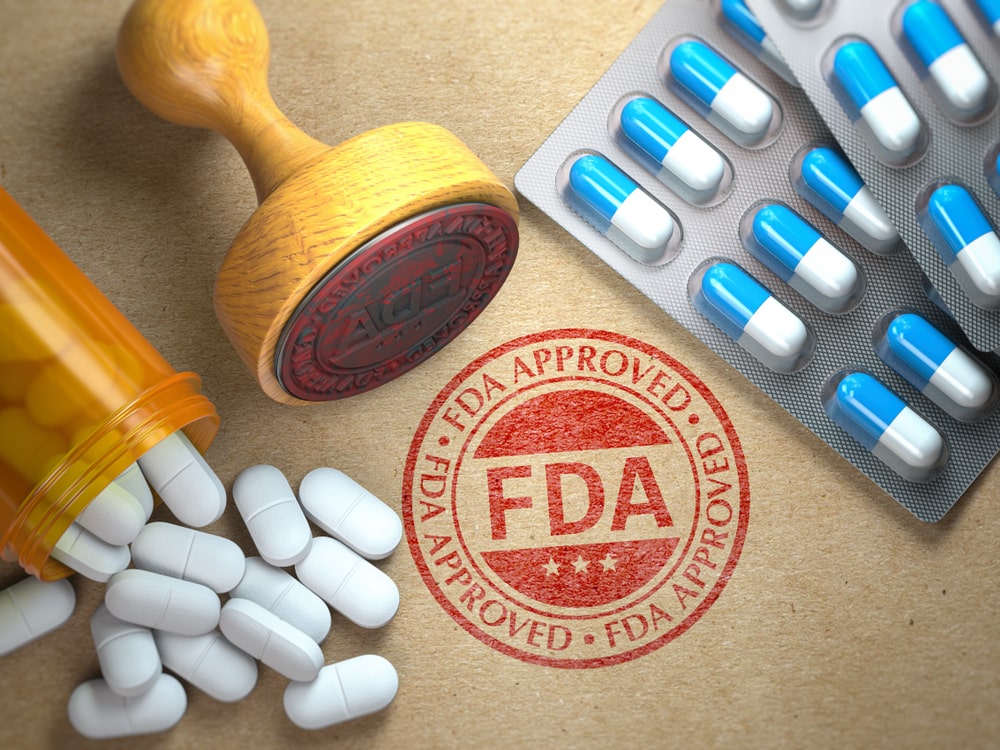For Drug Approval Currently, different nations have to follow different requirements for the regulatory approval of novice drugs. It is almost difficult for every country to have the same regulatory approach for the Marketing Authorization Application (MAA), Therefore it is necessary to know regulatory requirements for MAA of each country.
| Pre-clinical study Mice, Rat, Rabbit, Monkeys |
↓
| Phase-I Human Pharmacology trial – Estimation of safety and tolerability |
↓
| Phase-II Exploratory trial – Estimation of Effectiveness and short term side effects |
↓
| Phase – III Confirmatory trial – Confirmation of therapeutic benefits |
↓
| Phase – IV Postmarketing trial – Studies done after drug approval |
Fig: Different phases of clinical trials
New Drug Application (NDA) is an application submitted to the respective regulatory authority for permission to market a new drug. To obtain this permission a sponsor submits preclinical and clinical test data for analyzing the drug information and description of manufacturing procedures.
After the agency received the NDA, it undergoes a technical screening. This process of evaluation is made to ensure that sufficient data and the required information have been submitted in each area justifying the “filling” application form.

Possible action after the review of NDA
After the review of an NDA 3 possible actions can send to the sponsor.
If the action taken is either approvable or not approvable, then the regulator body allows the applicant to meet with the agency and discuss the deficiencies.
NOT APPROVABLE : In this letter list of deficiencies and explain the reason.
APPROVABLE : It means that the drug can be approved, but minor deficiencies can be corrected like labeling changes and possible request commitment to do post-approval studies.
APPROVAL : It states that the drug is approved.
Make sure you also check our other amazing Article on : Drug Development Team and Their Functions